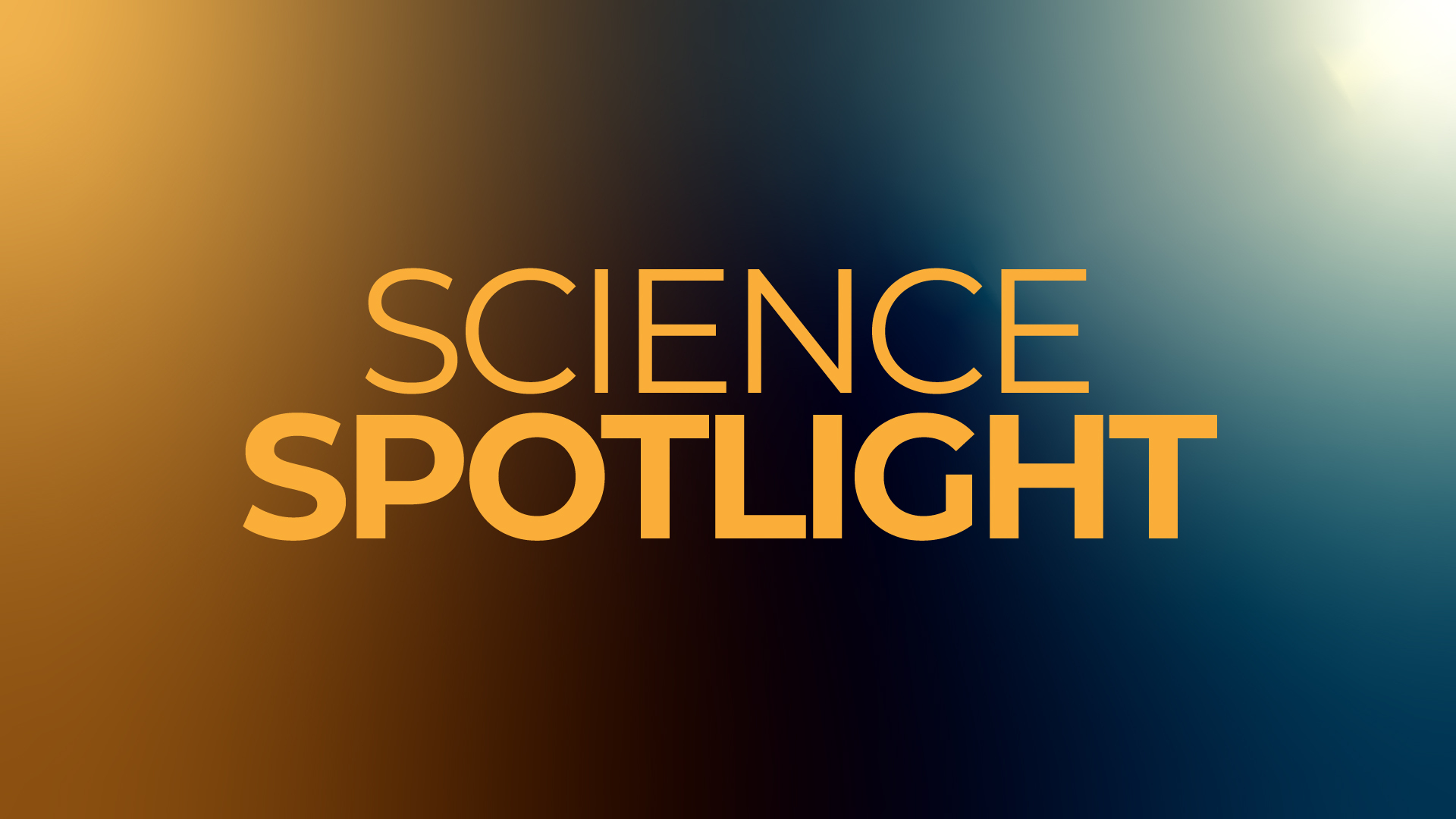Science News: Recent scientific discoveries and expert analysis
Read the latest science news and recent scientific discoveries on Live Science, where we've been reporting on groundbreaking advances for over 20 years. Our expert editors, writers and contributors are ready to guide you through today's most important breakthroughs in science with expert analysis, in-depth explainers and interesting articles, covering everything from space, technology, health, animals, planet Earth, and much more.

Explainers | Everything you need to know about the science news that matters.

Science Spotlight | Shining a light on new science transforming our world.
Latest news

The universe's 'missing matter' may have finally been found
By Joanna Thompson published
About half of the non-dark matter in the universe cannot be accounted for by stars and galaxies alone. Now, scientists say previously undetected clouds of hydrogen gas could finally reveal it.

Experimental 'Ozempic pill' shows promise in treating type 2 diabetes
By Nicoletta Lanese published
The drugmaker Lilly announced topline results of a clinical trial of a new pill in the same drug class as injectables like Ozempic.

NASA rover reveals signs of crucial life-sustaining process on Mars
By Ben Turner published
Samples drilled by the Curiosity rover on Mars have revealed abundant signs of a carbon cycle that remained hidden from orbital scans, alongside clues of how life may have been wiped out on the planet.

'Useless' female organ may actually support the ovaries, study finds
By Jess Thomson published
The rete ovarii, a poorly understood structure connected to the ovaries, may be much more essential to ovarian function than scientists initially thought.

A mysterious, 100-year solar cycle may have just restarted
By Harry Baker published
New research suggests that the unexpected intensity of the ongoing solar maximum may be partly tied to a lesser-known, 100-year solar cycle. If true, solar activity could spike further in the coming decades. But some experts are skeptical.

Lyrid meteor shower peaks after Easter: How to spot the most 'shooting stars'
By Jamie Carter last updated
Roughly 20 "shooting stars" per hour may be visible during the peak of the Lyrid meteor shower overnight on Monday, April 21-22.

'Quiet Chernobyl' changed Earth's surface so much the planet's mantle is still moving 80 years later
By Sascha Pare published
The land beneath the former Aral Sea in Kazakhstan and Uzbekistan is rising and will continue to do so for many decades. Now, scientists have an explanation that involves the sea drying up.

Scientists reveal 'most promising yet' signs of alien life on planet k2-18b
By Jess Thomson published
Scientists have discovered evidence of large quantities of biosignature chemicals — only known to be made by life on Earth — on an exoplanet more than 100 light-years away. It could be the most promising sign yet of alien life.

Scientists observe new quantum phase that could have major implications for quantum computing
By Alan Bradley published
The exotic quantum phase, predicted over half a century ago, could lead to advances in quantum computing, sensors and communication technology.

Massive circular tomb filled with battle-scarred people unearthed in Peru
By Kristina Killgrove published
Human skeletons from a large stone tomb may help archaeologists understand a mysterious pre-Inca population in Peru.

'Richly decorated' antler from Stone Age Sweden was used as battle ax and fishing harpoon
By Taylor Mitchell Brown published
A 7,500-year-old antler unearthed in Sweden had characteristic breakage patterns that suggest it was the handle for a battle ax.

This rare disease causes people to move uncontrollably and unintentionally self-harm
By Emily Cooke published
Lesch-Nyhan syndrome is an extremely rare disease that affects patients' behavior and cognitive skills.

Watch bison flee as famous Yellowstone wolf pack descends
By Patrick Pester published
Yellowstone's Junction Butte wolf pack failed in a recent attempt to kill a bison, but the pack appears to be thriving again after the death of its former alpha female, Wolf 907F.

James Webb telescope spots Milky Way's long-lost 'twin' near the dawn of time
By Brandon Specktor published
The James Webb Space Telescope has discovered Zhúlóng, a candidate for the most distant spiral galaxy in the universe. The perplexing Milky Way 'twin' dates to 1 billion years after the Big Bang, and appears too big to explain.

Oregon officials investigating 3 cases of mad cow-like disease
By Nicoletta Lanese published
Hood River County in Oregon reported three cases of Creutzfeldt-Jakob disease, a rare human brain disease very similar to "mad cow."

An ocean of magma formed early in Earth's history and it may still influence our planet today, study finds
By Stephanie Pappas published
Remnants of a liquid layer of magma near Earth's core, formed in the first few hundred million years of the planet's history, may still persist today as odd anomalies in the mantle.

Study of 9,000 twins reveals genetics influences how much you enjoy music
By Clarissa Brincat published
Genes affect different aspects of music enjoyment — from the emotional reactions that compositions evoke to the social connection music can foster.

SpaceX's Starlink satellite constellation 'under threat' by Russia and China
By Sharmila Kuthunur published
SpaceX's Starlink internet satellite constellation has become a prime target for Russia and China, according to a new report assessing the counterspace capabilities of a dozen countries over the past year.
Sign up for the Live Science daily newsletter now
Get the world’s most fascinating discoveries delivered straight to your inbox.


